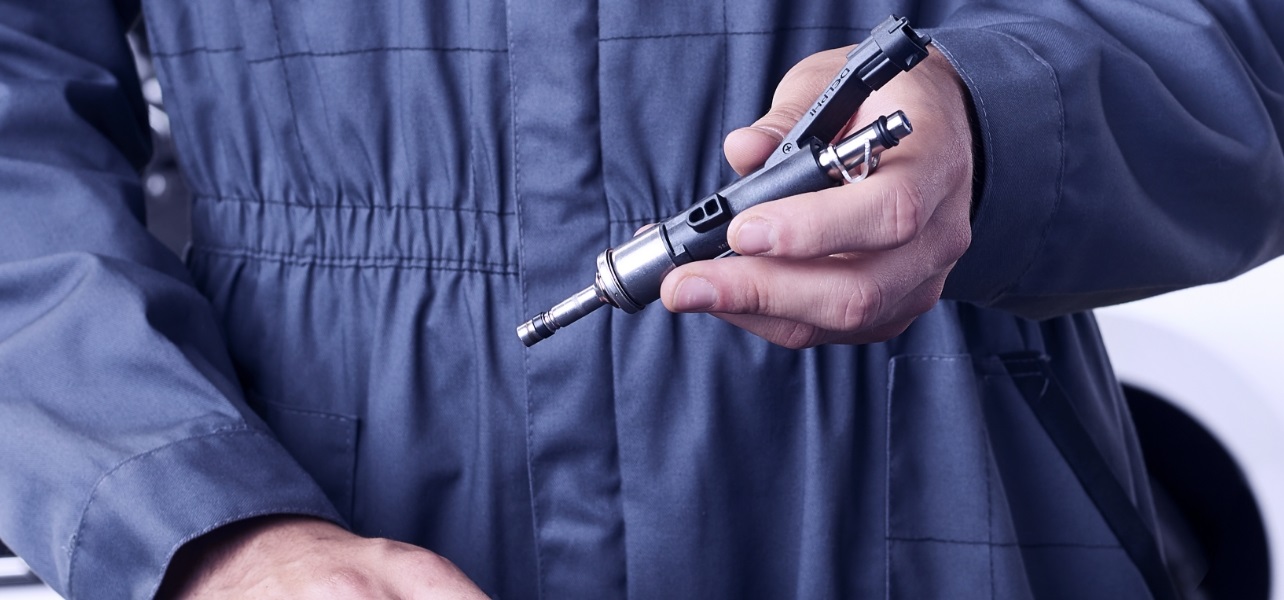Resource Highlights
In this article you will find out about what happens to your vehicle if you use poor quality or improper oil.

What may happen if you use poor quality or improper oil?
Even good oils are not suitable for all vehicles. The oil range of a solid producer covers oils for virtually all vehicles, but oil should be chosen based not only on the viscosity grade (e.g., 10W-40) – there are other criteria, too, which are defined by allowances of vehicle manufacturers and by international standards.
Producers of vehicles develop the so-called allowances for their vehicles in order to exclude the possibility of using the wrong oil. The allowances are coded with letters and numbers. For example, VW 501.01 means that the oil is absolutely compatible with a certain group of Volkswagen engines. The allowances should be indicated in the producer’s manual and can be easily found on the Internet.
Often, the oil that is suitable for a particular engine may not have a specific allowance of the vehicle manufacturer. After all, the procedure of obtaining the allowance is complicated and takes time. And to be honest – it is not cheap, so if you get oil allowances of all producers, it will be too expensive. Therefore, you can determine the applicability of the oil on the basis of international standards as well.
According to the classification of the American Petroleum Institute, API, automotive oils are marked (labelled) using the two-letter index. The first letter indicates the type of engine: 4-stroke gasoline engines are marked with the letter “S”, and diesel engines are marked with the letter ”C”. The second letter indicates the performance level of oil – the farther this letter is from the beginning of the Latin alphabet, the better the properties of the automotive oil are. It must be remembered that not all the best modern oils are suitable for older vehicles.
There is also the European classification of oils according to additives used and the oil quality – ACEA. The letters mean the following: "A" or "B" means for a petrol or diesel engine; "C" means automotive oils for diesel and petrol engines that correspond to the Euro-4 norms. These automotive oils are compatible with catalysts and particulate filters. For example, oils of the ACEA C3 standard contain less sulphur and phosphorus than oils of the A3/B4 standard, and so they are ideal for new vehicles of the Euro 4 emission class, but should not be used in older vehicles.
Above all, you should select oil according to the standards of your vehicle. Be cautious if you do not see any classification markings on your oil container, since reputable manufacturers certify their oil according to at least one of these systems.
SIGN UP TO FIND MORE
Fill up your details to hear more from our experts and get the latest updates from Delphi.



